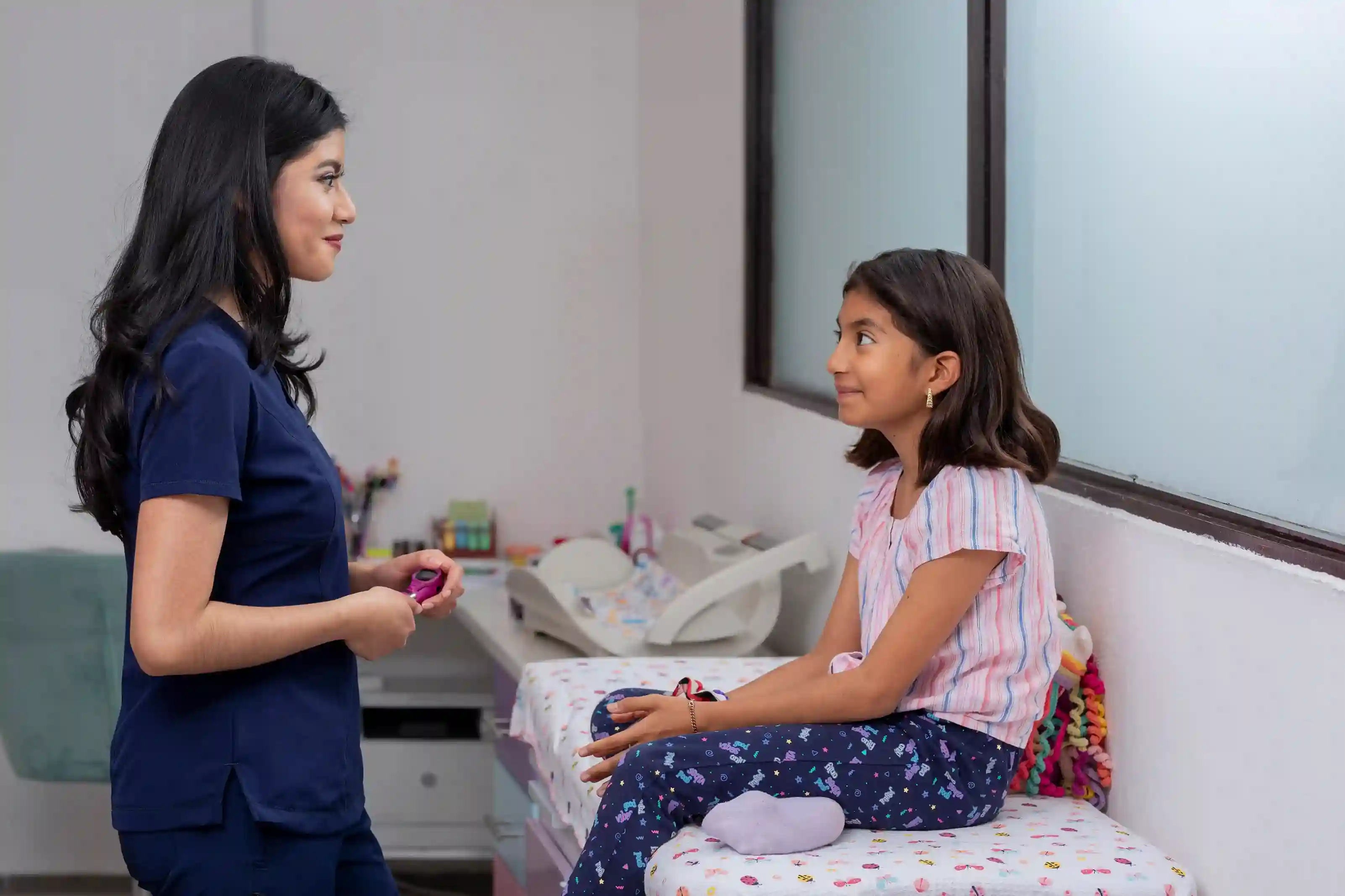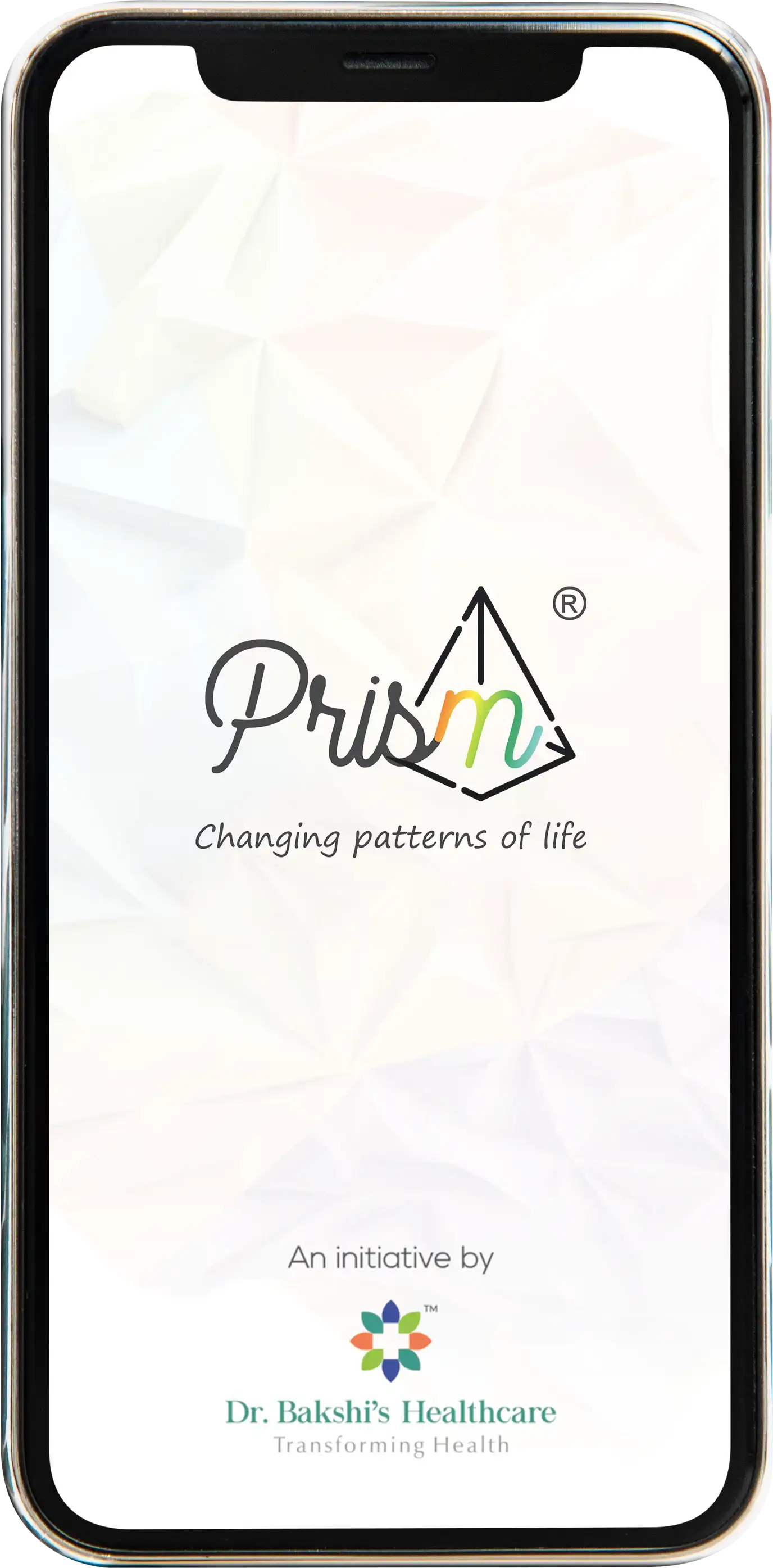Assessments for children and teenagers
The mental health of children and teenagers is foundational to their development and overall well-being. However, identifying and addressing mental health challenges in young people can be complex, as symptoms often differ between children and teenagers. Clinical assessment is crucial in this process, comprehensively evaluating their emotional, behavioral, and cognitive functioning. This helps diagnose issues early and create tailored treatment plans.

Evidence-backed assessments

Evaluations conducted by qualified and experienced professionals
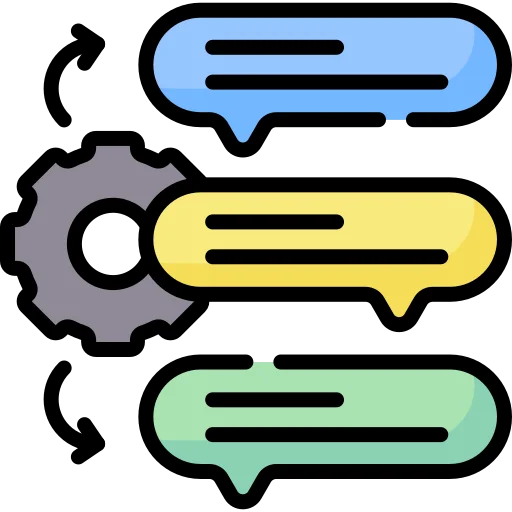
Personalized care with a holistic approach to the child's needs

Detailed Report & Recommendations
Areas for assessments
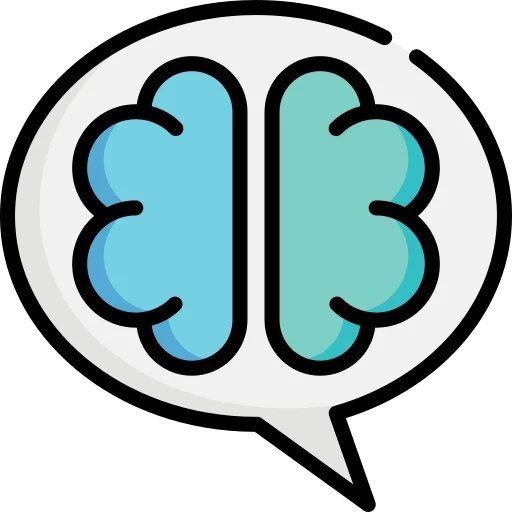
Neurological Assessment
Evaluates neurological functioning in children to identify developmental or cognitive disorders. It includes tests for motor skills, sensory processing, and cognitive abilities to understand the child's brain function and development.
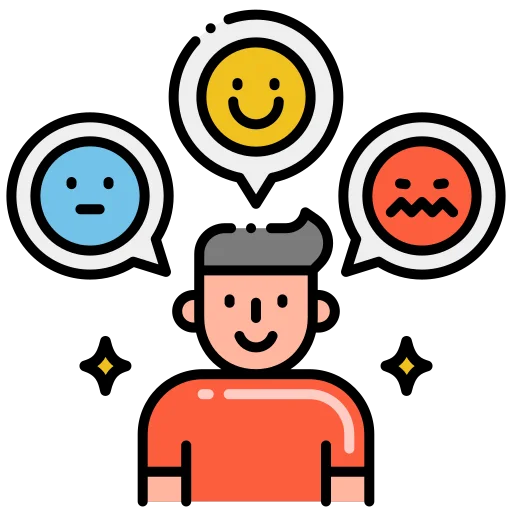
Behavioral Assessment
Observes and evaluates a child's behavior in various settings to identify patterns or issues. It helps in understanding behavior triggers, social interactions, and emotional responses for tailored intervention strategies.
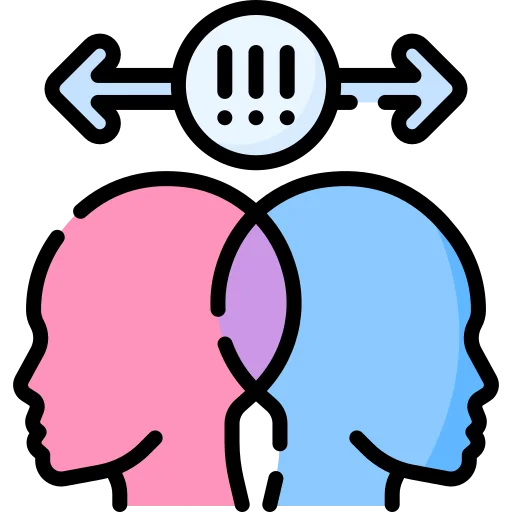
Assessment of Temperament and Personality
Assesses a child's personality traits and characteristics to gain insight into their individual differences. This evaluation helps in understanding how personality impacts behavior, social interactions, and emotional well-being.
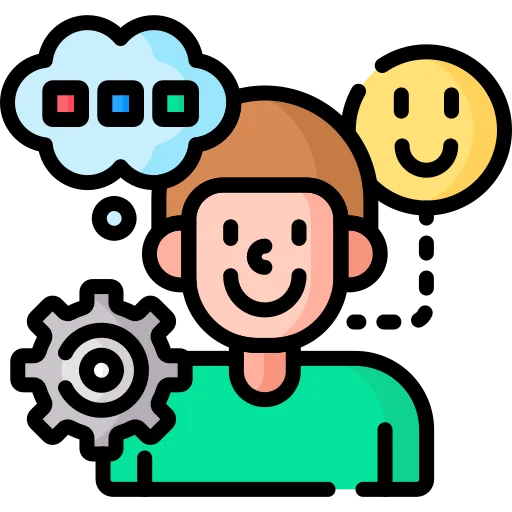
Assessment of Intelligence quotient
Measures a child's cognitive abilities and intellectual potential through standardized tests. It provides a snapshot of their problem-solving skills, reasoning, and overall intellectual functioning compared to peers.
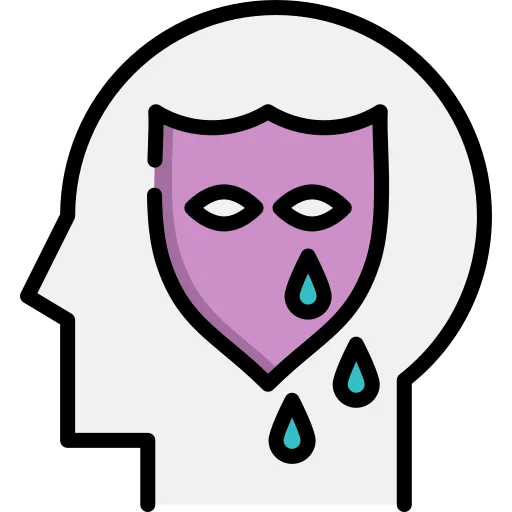
Emotional Assessment
Evaluates a child's emotional state and regulation capabilities. It identifies issues such as anxiety, depression, or mood disorders and helps in developing strategies for emotional support and intervention.
Holistic care for mental wellness

Multidisciplinary Team Care
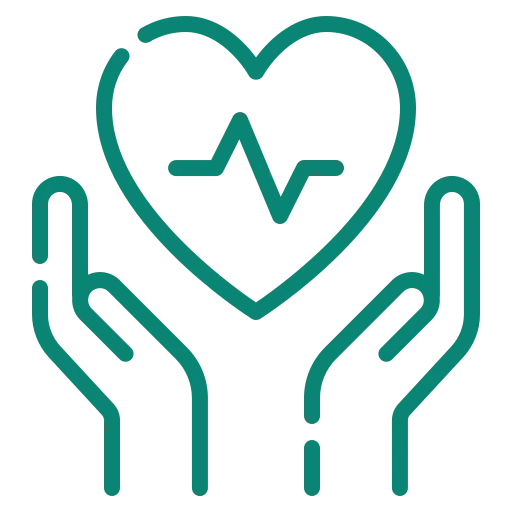
Preventive Health Measures
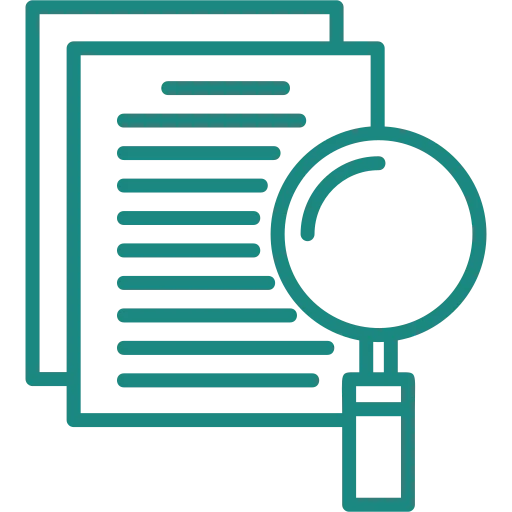
Developmental Assessments
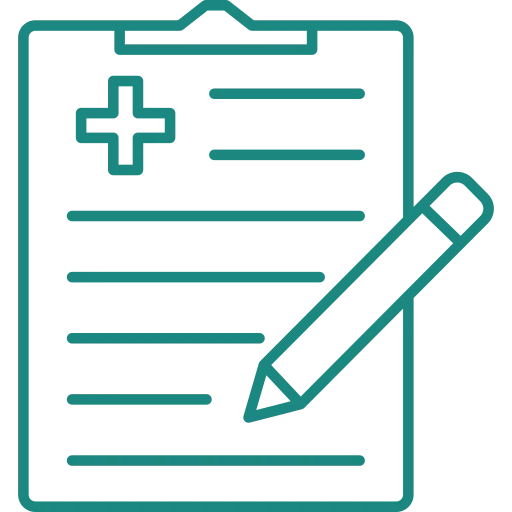
Individualized Treatment Plans
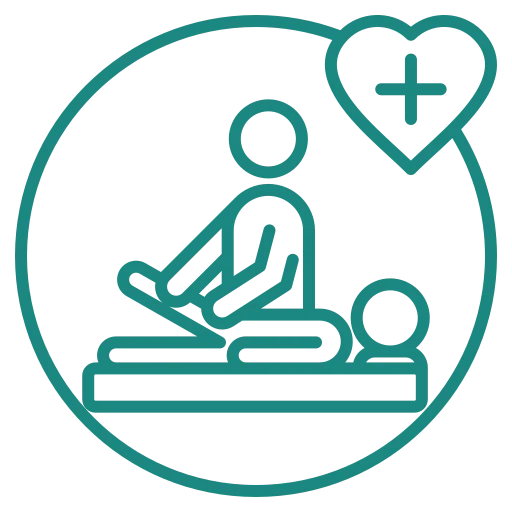
Play therapy
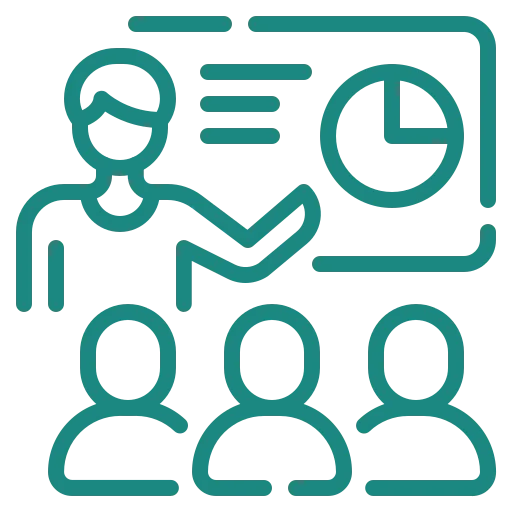
Parent Management training

Medical Management

Educational Support Services

Mental Health Counseling
Why choose Prism?
Prism is a mental health application that offers a comprehensive platform design to support young people and their families throughout their emotional and psychological journey
FAQs
A clinical assessment for children and teenagers involves a series of evaluations conducted by mental health professionals to understand a child's or adolescent's psychological, emotional, and behavioral functioning. These assessments help diagnose conditions, guide treatment planning, and monitor progress.
Clinical assessments are conducted for various reasons, including evaluating behavioral issues, emotional distress, learning difficulties, developmental disorders, and mental health conditions. They are essential for diagnosing disorders, formulating treatment plans, and providing support tailored to the individual's needs.
- Behavioral Checklists (e.g., CBCL): To evaluate behavioral and emotional problems.
- Intelligence Tests (e.g., WISC, Stanford-Binet): To measure cognitive abilities.
- Projective Tests (e.g., Rorschach Inkblot Test, TAT): To explore personality and emotional functioning.
- Adaptive Behavior Scales (e.g., Vineland): To assess daily living skills and adaptive behaviors.
The process typically involves several steps:
- Initial Interview: Gathering background information from parents, teachers, and the child or teenager.
- Standardized Testing: Administering specific psychological tests and questionnaires.
- Observation: Observing behavior in different settings, if applicable.
- Feedback and Reporting: Discussing results with the family and developing a treatment plan based on the findings.
The duration of a clinical assessment can vary depending on the complexity of the case and the types of assessments used. Generally, it can range from a few hours for a single session to several sessions spread over weeks, especially if multiple tests or observations are involved.
The results help in diagnosing mental health conditions, understanding behavioral issues, and guiding treatment planning. They can inform therapeutic interventions, educational support, and strategies for managing emotional and behavioral challenges.
Yes, clinical assessments are confidential. Information gathered during the assessment is shared only with individuals who are directly involved in the care and treatment of the child or teenager, except in cases where disclosure is required by law (e.g., child abuse, imminent risk of harm).
Parents or guardians should:
- Provide accurate and comprehensive information about the child's history and current concerns.
- Bring relevant medical, educational, and psychological records.
- Be open and honest during interviews and assessments.
- Prepare the child or teenager by explaining the process in a supportive and age-appropriate manner.
A child can undergo a clinical assessment at almost any age, depending on the specific concerns and the type of assessment required. Here's a general guide:
The exact timing for an assessment depends on the specific concerns and the child's developmental stage. If you have concerns about your child's behavior, development, or mental health, it's best to consult with a healthcare professional who can recommend an appropriate assessment based on your child's needs.
